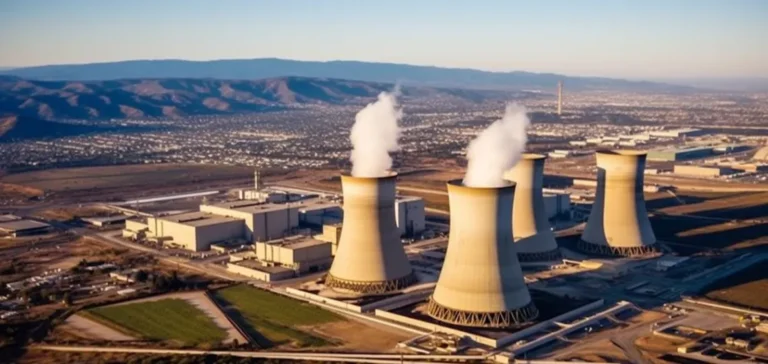The Dewey Burdock uranium project, wholly owned by enCore Energy Corp., has reached a significant milestone in its development process in the United States. The U.S. Environmental Protection Agency (EPA) announced the full dismissal of a petition filed against the issuance of Class III and Class V underground injection control permits, required for in-situ recovery (ISR) uranium operations planned in South Dakota.
A rejected petition after years of litigation
The decision was issued by the EPA’s Environmental Appeals Board (EAB), which determined that the entire permitting process complied with legal and procedural requirements. The petitioners — the Oglala Sioux Tribe, Black Hills Clean Water Alliance and NDN Collective — had alleged violations of several statutes, including the Safe Drinking Water Act, the Administrative Procedure Act and the National Historic Preservation Act.
After review, the EAB concluded that EPA Region 8’s decisions were based on a complete administrative record and contained no procedural errors. The ruling ends more than a decade of legal challenges also involving the Nuclear Regulatory Commission (NRC), which granted a source material licence in 2014, now under timely renewal.
Strategic validation for the Dewey Burdock project
The Dewey Burdock project, located in Custer and Fall River counties, is designed to extract uranium from underground sandstone formations using ISR technology. This process involves injecting a chemical-free water solution into the ore body to dissolve uranium minerals in place, then pumping the solution to a central processing plant. The operation will include wellfields, a central processing unit, supporting infrastructure and environmental protection systems.
Acceleration enabled by the Fast-41 Program
On August 28, the project was approved for inclusion in the Fast-41 Program, a federal infrastructure permitting initiative coordinated by the Federal Permitting Improvement Steering Council. The programme allows for accelerated federal approvals, in line with a presidential executive order aimed at increasing domestic production of critical minerals. The project is expected to begin the state permitting process in 2025, with a development timeline ahead of initial projections.






















